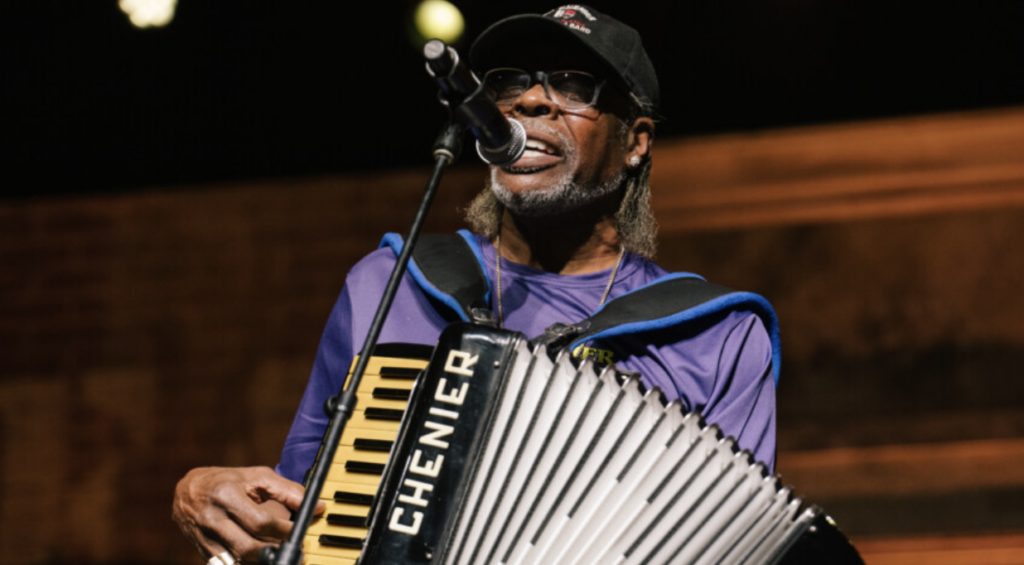End Run

What do Columbia, Wichita and Springfield have that Kansas City lacks (other than civic pride that’s not constantly battered by hapless hometown professional sports teams)? A runners’ marathon, of all things.
This fall, Kansas City earns another embarrassing distinction: It’s the largest American city not to have an official marathon coursing through its neighborhoods. Kansas City Power and Light has pulled the plug on its sponsorship of the Rib Run, ending Kansas City’s 22-year stretch of staging a major distance-running event.
“It’s a shame,” says Garry Gribble, longtime race coordinator and owner of Garry Gribble’s Running Sports stores. He knows road racing as well as anyone, having completed 98 U.S. marathons.
“Kansas City is a difficult place to put on a marathon,” says Gribble with a sigh. “The police costs are very high. The police dictate how many officers they think you’ll need for a race, and you have no option other than to accept their numbers and their price.”
Karen Raymer, president of the Mid American Running Association, agrees with Gribble. “It’s kind of a catch-22 situation. You have to have [police], but the cost is really high,” says Raymer. The police are guaranteed four hours’ pay for every race they work, even for a short 5k.
Where else would the cheapest imaginable sport die out because the cops had to be paid? A decent pair of training shoes can be had on sale for less than $50. Add a pair of shorts from your drawer and you have the necessities to train for and compete in a marathon (or a simple jog around the block). But add a police sawhorse, a billy club and an ammo belt, and pretty soon you’re talking money.
Let’s be fair, though. Kansas City is a proven lard-ass town, so of course a marathon can’t raise enough dough here for security and traffic control. After all, entry fees for some out-of-town races are pricier than the shoes in which some runners compete. St. Louis’ early entry fee for its marathon this fall was $60 — $70 if you signed up after September 25. But get this: “Compared to St. Louis, Kansas City is a real strong running community,” says Gribble.
Raymer, an active runner for 28 years, says, “We have more races here per capita than cities with much larger populations, but the [Kansas City] community itself does not support road racing.”
Few spectators lined the streets in past marathons, and motorists whined. “You wouldn’t believe the calls we got on Monday morning from people who were ten minutes late to church because of the marathon, says Raymer.
“The general public has little patience or use for us,” says Raymer. “I’ve lived in many different parts of the city and can tell you from personal experience as a runner that people in this town have little tolerance for someone they see running on the road.”
The local media pays little attention to local races. “The media coverage in Kansas City is the worst of any city I’ve been to in the country,” says Mark Curp, a Lee’s Summit resident who was named Runner’s World magazine’s national runner of the year in 1987 and ’88.
Joe Serviss, chief of staff for Mayor Kay Barnes, understands that losing the marathon means a loss of prestige for the city. “I wish I would have known there wasn’t going to be a marathon,” says Serviss. “I would have tried to help them. We have special programs that are set up specifically to help events like this defray their costs.”
Meetings are under way between the city and race officials who hope to resurrect the marathon for 2002 — probably on a spring Saturday to avoid conflicts with the Chiefs and church. As for winning over the lard-asses and the badgemen, maybe race organizers should give the Rib Run a new name: Doughnut Run.




